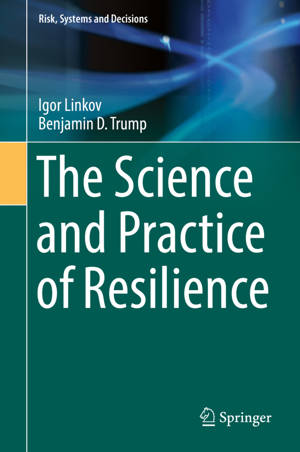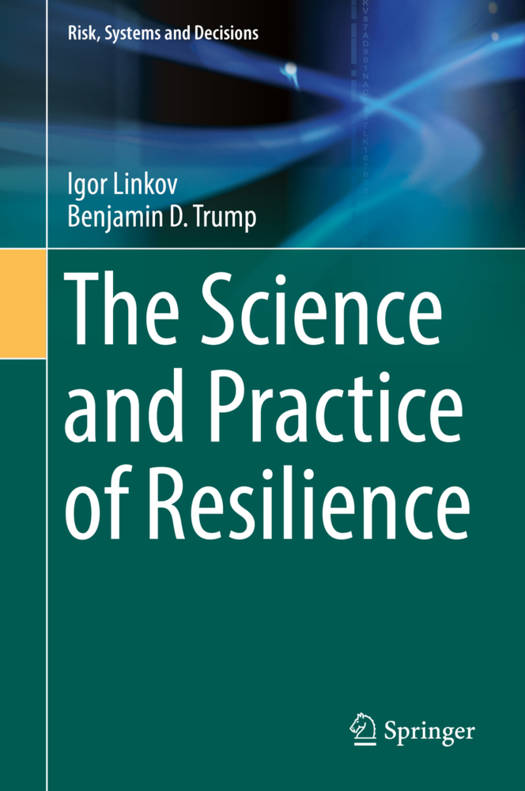
- Retrait gratuit dans votre magasin Club
- 7.000.000 titres dans notre catalogue
- Payer en toute sécurité
- Toujours un magasin près de chez vous
- Retrait gratuit dans votre magasin Club
- 7.000.0000 titres dans notre catalogue
- Payer en toute sécurité
- Toujours un magasin près de chez vous
Description
This book offers a comprehensive view on resilience based upon state-of-the-science theories and methodological applications that resilience may fill. Specifically, this text provides a compendium of knowledge on the theory, methods, and practice of resilience across a variety of country and case contexts, and demonstrates how a resilience-based approach can help further improved infrastructure, vibrant societies, and sustainable environments and ecologies, among many others.
Resilience is a term with thousands of years of history. Only recently has resilience been applied to the management of complex interconnected systems, yet its impact as a governing philosophy and an engineering practice has been pronounced. Colloquially, resilience has been used as a synonym for 'bouncing back'. Philosophically and methodologically, however, it is much more. In a world defined by interconnected and interdependent systems such as water, food, energy, transportation, and the internet, asudden and unexpected disruption to one critical system can lead to significant challenges for many others. The Science and Practice of Resilience is beneficial for those seeking to gain a rich knowledge of the resilience world, as well as for practitioners looking for methods and tools by which resilience may be applied in real-world contexts.
Spécifications
Parties prenantes
- Auteur(s) :
- Editeur:
Contenu
- Nombre de pages :
- 209
- Langue:
- Anglais
- Collection :
Caractéristiques
- EAN:
- 9783030045630
- Date de parution :
- 28-01-19
- Format:
- Livre relié
- Format numérique:
- Genaaid
- Dimensions :
- 156 mm x 234 mm
- Poids :
- 489 g

Les avis
Nous publions uniquement les avis qui respectent les conditions requises. Consultez nos conditions pour les avis.






